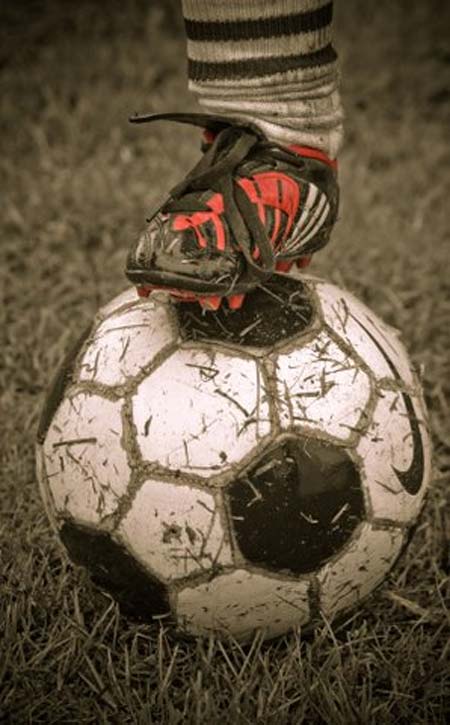Practice Makes Perfect … If You Make it Hard

Get the world’s most fascinating discoveries delivered straight to your inbox.
You are now subscribed
Your newsletter sign-up was successful
Want to add more newsletters?

Delivered Daily
Daily Newsletter
Sign up for the latest discoveries, groundbreaking research and fascinating breakthroughs that impact you and the wider world direct to your inbox.

Once a week
Life's Little Mysteries
Feed your curiosity with an exclusive mystery every week, solved with science and delivered direct to your inbox before it's seen anywhere else.

Once a week
How It Works
Sign up to our free science & technology newsletter for your weekly fix of fascinating articles, quick quizzes, amazing images, and more

Delivered daily
Space.com Newsletter
Breaking space news, the latest updates on rocket launches, skywatching events and more!

Once a month
Watch This Space
Sign up to our monthly entertainment newsletter to keep up with all our coverage of the latest sci-fi and space movies, tv shows, games and books.

Once a week
Night Sky This Week
Discover this week's must-see night sky events, moon phases, and stunning astrophotos. Sign up for our skywatching newsletter and explore the universe with us!
Join the club
Get full access to premium articles, exclusive features and a growing list of member rewards.
When trying to perfect a golf swing or basketball shot you might do best to practice various related tasks rather than focusing on a certain drill, a new study suggests.
Past research has shown mixing up one's training regimen, which can involve, say, practicing chip shots and longer drives, is better at improving the brain's memory of most skills than drills focused on a single task. Now scientists have figured out the neural basis of this paradox.
The researchers divided 59 volunteers into groups in which some participants practiced a challenging arm movement while others practiced the movement and related tasks in a variable practice structure. "In the variable practice structure condition, you're basically solving the motor problem anew each time. If I'm just repeating the same thing over and over again as in the constant practice condition, I don't have to process it very deeply," said study senior author Carolee Winstein, professor of biokinesiology and physical therapy at USC. "We gravitate toward a simple, rote practice structure because we're basically lazy, and we don't want to work hard," Winstein said. "But it turns out that memory is enhanced when we engage in practice that is more challenging and requires us to reconstruct the activity."
The researchers found support for this reasoning using transcranial magnetic stimulation — a noninvasive procedure that disrupts brain activity — after practice.
Volunteers in the variable practice group who received magnetic stimulation in the prefrontal cortex failed to retain or "consolidate" the arm movement as well as those in the same group without magnetic stimulation. This implied the prefrontal cortex, a brain region associated with higher level planning, was necessary for consolidating the memory.
Likewise, constant practice volunteers who received magnetic stimulation in the primary motor cortex did not retain the arm movement as well as volunteers in the same group who didn't get magnetic stimulation. The primary motor cortex is a region of the brain linked to simple motor learning. "While it may be harder during practice to switch between tasks … you end up remembering the tasks better later than you do if you engage in this drill-like practice," Winstein said.
The magnetic interference tests also helped define the time window for the brain to consolidate skills. Magnetic interference applied four hours after practice had no effect on learning, suggesting the brain had already consolidated the memory.
Get the world’s most fascinating discoveries delivered straight to your inbox.
The research is detailed in the July 11 issue of the journal Nature Neuroscience.
- 10 Things You Didn't Know About the Brain
- How Does the Brain Work?
- 10 Ways to Keep the Mind Sharp
 Live Science Plus
Live Science Plus











